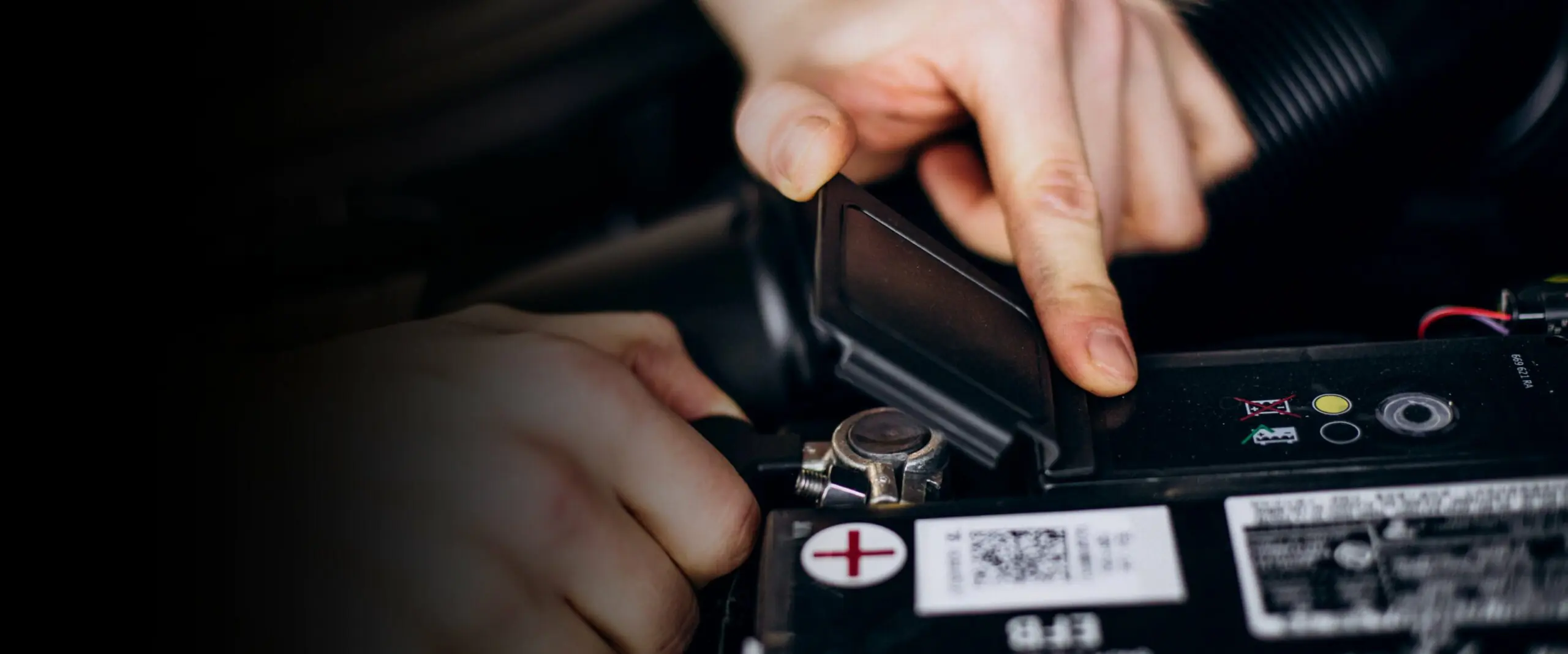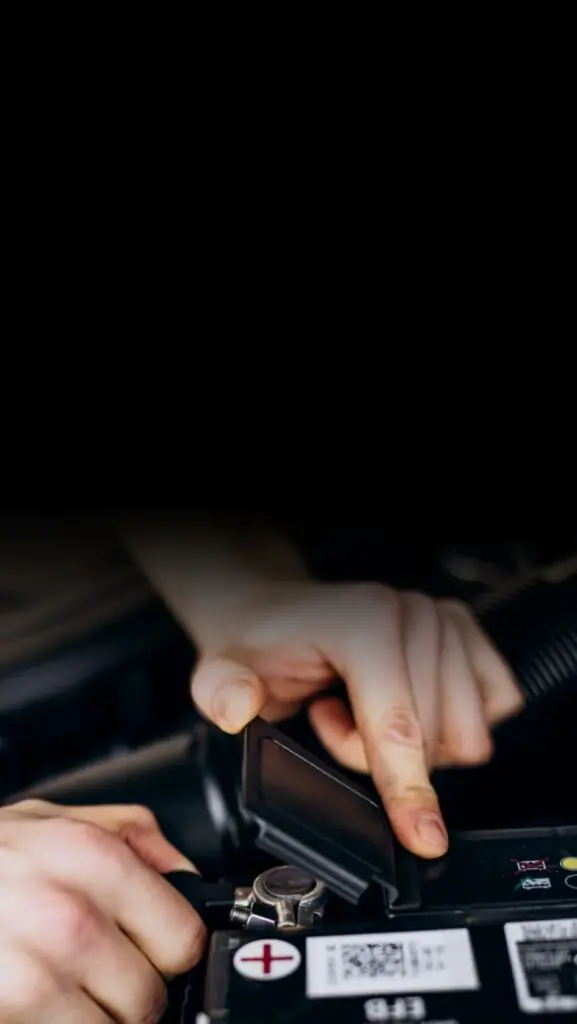
Car Batteries
Car Batteries from £64.95
Bush Tyres have a massive stock of GS car batteries, with our range covering all popular car fitments. Search below to find the right battery for your vehicle:
Battery searchTest the condition of your car battery.
Our reliable battery testing devices will give a clear indication as to the condition of your battery by checking the charging system, voltage output and the charging rate.
This will indicate whether a battery failure is imminent or not, by comparing the test results against the manufacturer’s specifications. If you need a new battery, we can supply, fit and programme a new one. As battery distributors, we have access to the full range of car, SUV, 4×4, van, agricultural, commercial, marine, leisure, motorcycle, and specialist batteries. Bush Tyres recycle all old batteries in accordance with current legislation.
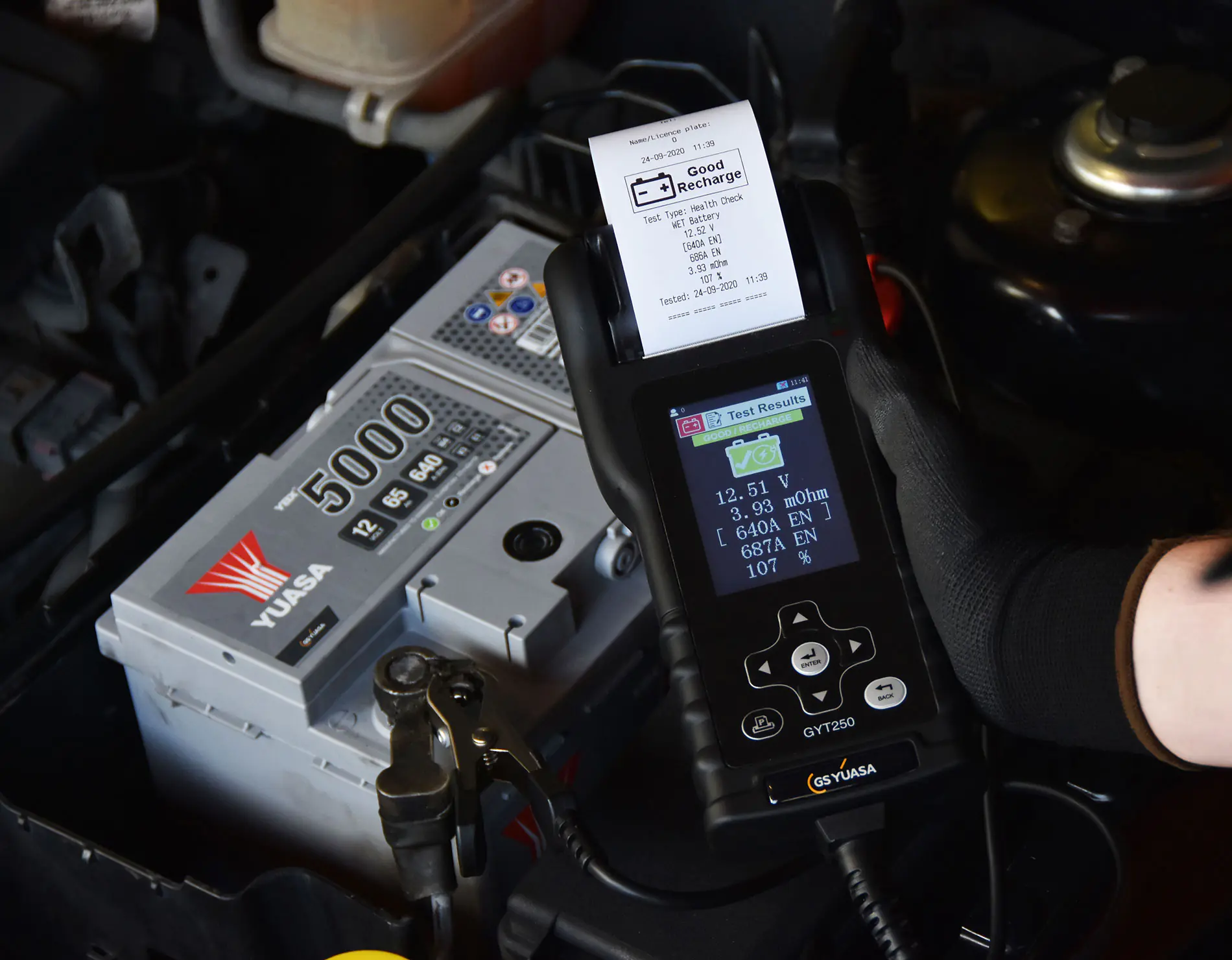
Free Car Battery Check Booking Enquiry
Please fill in the details below with your preferred date and time. A member of our team will contact you to finalise your booking.
FAQs
-
A car battery is designed for engine starting. When you turn the key to start the car, the battery supplies power to the starter motor which turns the engine over. As well as this, the battery supplies power to the spark plugs to ignite the fuel and air mixture that has been compressed in the engine combustion cylinders.
A car battery generates and stores electrical energy by means of a chemical reaction. Each cell of a battery contains a set of mixed negative and positive electrodes (plates). The positive electrode is made of lead dioxide and the negative electrode is made of porous lead. When an electrical load (for example lights or a starter motor) is connected across the battery, a current flows through the electrolyte in the battery and through the external load. This causes the battery to discharge, which results in the chemical composition of both the electrodes changing to lead sulphate. A battery can be charged by putting a current through the battery from an outside source of electricity such as an alternator, dynamo or charging unit. This converts the lead sulphate back to the original materials of lead dioxide and porous lead. As the battery becomes charged, the electricity begins to decompose (hydrolyse) the water in the electrolyte into its constituent elements of hydrogen and oxygen, which are released as gas. This is why a battery gases when it is charged.
-
Car batteries are DC.
-
A cold engine requires more power to start because components contract, and oil viscosity is higher. This places a greater demand on the starter motor, which in turn draws more power from the battery in order to complete an ignition cycle. A battery nearing the end of its service life may not have sufficient cranking power to support this requirement, and this results in battery failure and a non-start.
-
Car batteries are classed as secondary type batteries and are rechargeable.
-
Car batteries are not universal. There is a broad selection of sizes, each with differing capacity and cranking performance ratings to suit specific vehicle requirements.
-
Car batteries are rated by nominal DC voltage (12V is most common), capacity and cranking performance. The capacity rating is shown in Ampere-hours, whilst cranking performance is shown as CCA (Cold Cranking Amps). CCA is a measure of the maximum instantaneous current that the battery can deliver at -18°C. This replicates placing the battery under extreme stress in cold conditions.
-
Car batteries are wet, meaning that they are filled with a liquid electrolyte. The term ‘dry’ is often confused with AGM types, which are in fact filled with acid that is suspended in a glass mat separator material. Some battery types can be shipped dry, whereupon they are filled with electrolyte by the seller or end-user.
-
Car batteries fail due to reaching the end of their service life or being subjected to service-related abuse. Some of the more common causes of failure are overcharging, undercharging or deep cycling (repeatedly draining the battery until flat). Storing a battery in a discharged state can also lead to premature failure due to sulphation. B38:B43
-
Car batteries go flat for a number of reasons. If a battery is reaching the end of its serviceable life, it will have difficulty retaining charge. The electro-chemical process that makes it work has become inefficient. Batteries can also go flat when exposed to parasitic loads on a vehicle, such as a malfunctioning alarm system that continues to draw power when the vehicle is stationary and not in use. A low mileage driving pattern can have a similar effect, as the battery never receives sufficient charge input from the alternator/charging system to maintain a good state of charge.
-
Car batteries differ widely. There is a broad selection of sizes, each with differing capacity and cranking performance ratings to suit specific vehicle requirements. The types of battery technology will also differ depending on the application in which they’re used. High end start stop cars will generally rely on an AGM (Absorbed Glass Mat) battery, whereas basic start stop cars will require a cheaper and less durable EFB (Enhanced Flooded Battery) type battery. For this reason it’s good practice to ensure that you replace like-for-like.
-
We have partnered with GS Battery by GS YUASA to incorporate the latest Start-Stop batteries into our range. This new technology is designed to reduce CO emissions and fuel consumption as it works by switching the engine off when the vehicle stops and is taken out of gear (e.g at traffic lights), and when the clutch pedal is subsequently depressed the engine will automatically restart. Vehicles with Start-Stop technology will require specific Start-Stop batteries, and if the wrong battery is fitted will impair the service life of the battery with possible consequences to the vehicle itself. This innovative technology will require well trained staff in fitting the new batteries – an area where Bush Tyres will have the edge on our competitors.
Designed and manufactured to exacting standards, GS batteries deliver outstanding performance and reliability at a competitive price! What’s more, all our batteries come with a full guarantee!
GS is part of the Yuasa which is the leading battery suppliers to the European Automotive industry and their products are fitted as Original Equipment to almost every major brand. GS batteries are manufactured throughout the world and also have distributors all over the world.



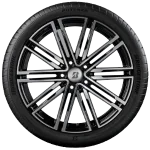 Tyres
Tyres Services
Services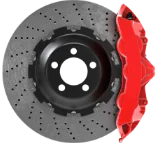 Fast Fit
Fast Fit Offers
Offers